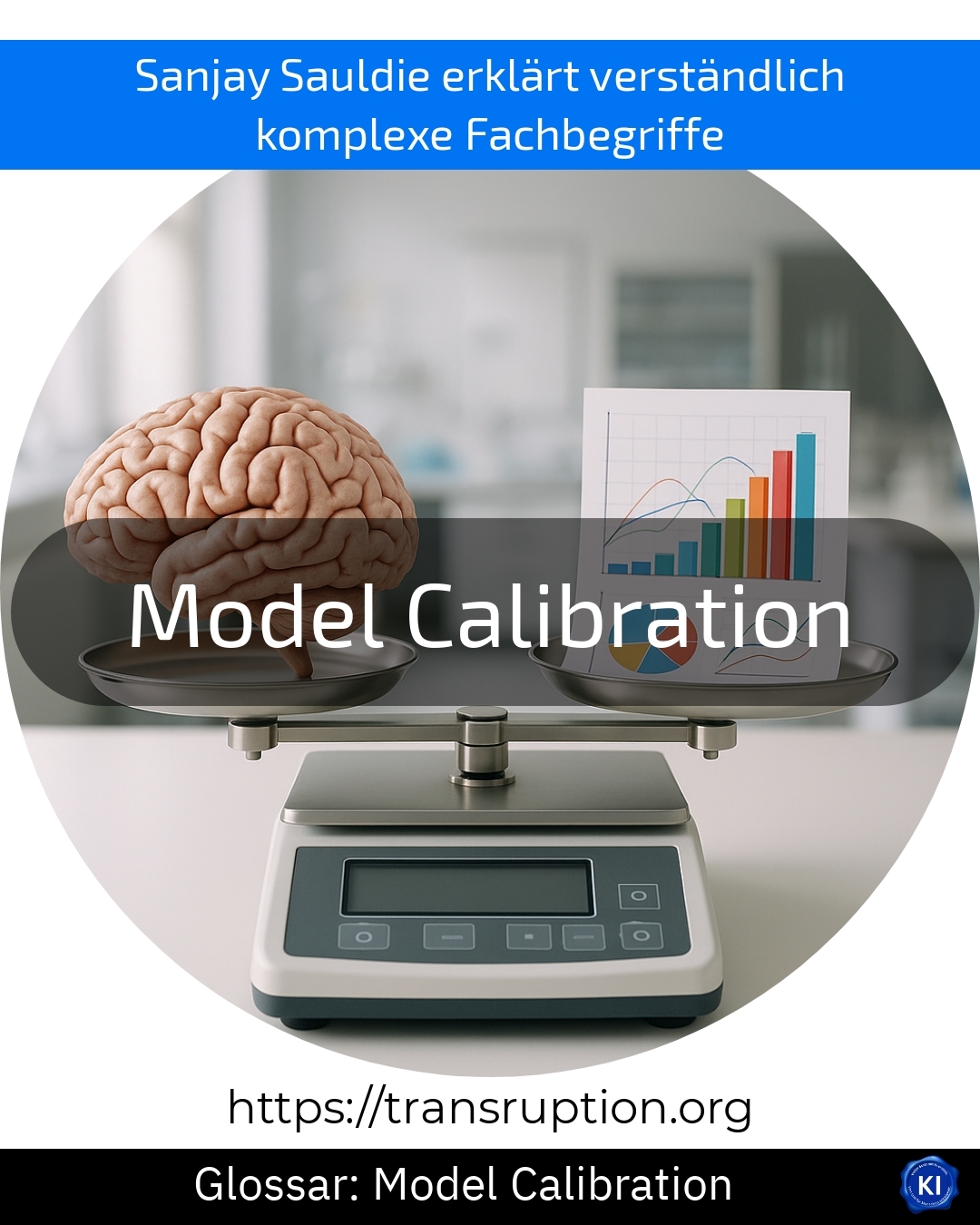Model calibration is an important term in the fields of artificial intelligence, big data and smart data as well as Industry and Factory 4.0. It describes the process by which a mathematical model is adjusted so that its predictions match real measured values as closely as possible.
Imagine you have a machine in a factory that is supposed to predict failures. A computer programme - the model - uses data such as temperature or running times to do this. In order for these predictions to be truly reliable, the model must first be adapted through model calibration. It learns how different data relates to real failures from the past and is thus "calibrated". The aim is for the model to provide the most accurate warnings possible before something breaks down.
Model calibration is essential because uncalibrated models often deliver incorrect or inaccurate results - which can be business-critical. Correctly calibrated models help companies to make decisions, save money and reduce risks.
For decision-makers, this means that anyone who relies on data models must ensure that careful model calibration is also carried out. Only then will smart technologies provide real added value.















